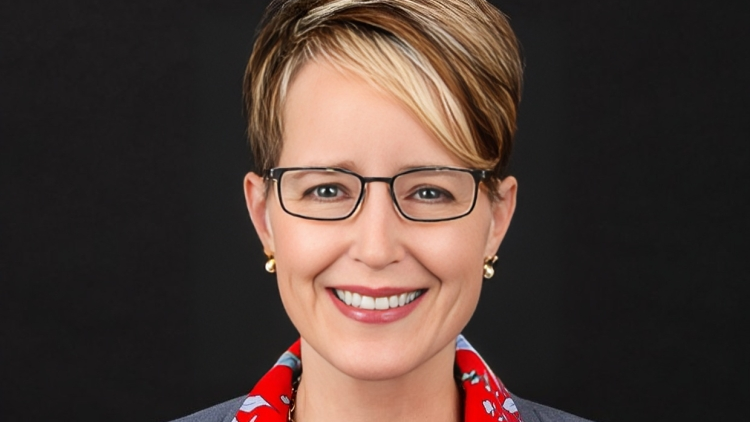Susanna F. Greer, Chief Scientific Officer at the V Foundation, published the following newsletter on LinkedIn:
“Breast cancer treatment has made significant strides in recent years, offering better outcomes and new hope to many. We have highlighted breast cancer research funded by the V Foundation here before and I am so proud of the work our grantees are doing every day. However, despite these efforts, and the efforts of many others, some breast cancer patients continue to face poorer survival rates, particularly those from disadvantaged neighborhoods.
I am a gardener and to me it is like tending a garden with the best seeds and fertilizers but overlooking the soil’s condition. If the soil is contaminated or lacks nutrients, even the best plants will not thrive. Similarly, in the context of breast cancer, the “soil” is the neighborhood where a patient lives.
Disadvantaged neighborhoods often have fewer resources, limited access to healthcare, and other social stressors that could affect breast cancer outcomes. To understand why some gardens flourish while others struggle, we must examine the broader environment, not just the plants.
In this week’s Cool Cancer Find, the V Foundation Grantee Dr. Neha Goel, Sylvester Comprehensive Cancer Center, did just that to address disparities in breast cancer survival. Dr. Goel’s goal was to consider the impact of neighborhood disadvantage, even when individual factors, tumor characteristics, and treatment are considered.
In this study, Dr. Goel and team show that neighborhood disadvantage plays a significant role in breast cancer survival, even after considering other factors like tumor characteristics, treatment, and individual differences. Their research suggests that there is something about the environment and the conditions in disadvantaged neighborhoods that affects health outcomes in a way that’s not yet fully understood.
I love this research because Dr. Goel goes further than previous research by suggesting ways to address these disparities, including a focus on which components of the neighborhood environment might influence breast cancer survival. Things like examining access to healthcare facilities, pollution, and safety, as well as stress and community support.
We all want to bring meaningful change, and adopting a broader perspective can help healthcare providers and policymakers better address the underlying causes of disparities in breast cancer survival, which can in turn can guide precision medicine in oncology by incorporating neighborhood disadvantage into the risk assessment of vulnerable populations. This could lead to targeted interventions and community-based programs that address the broader environmental factors contributing to breast cancer disparities, fostering a healthier “garden” for everyone.
Read Dr. Goel’s paper here, and find her lab at Neha Goel – Laboratory | Sylvester Comprehensive Cancer Center | University of Miami Health System (umiamihealth.org).”
Source: Susanna F. Greer/LinkedIn
OncoDaily


